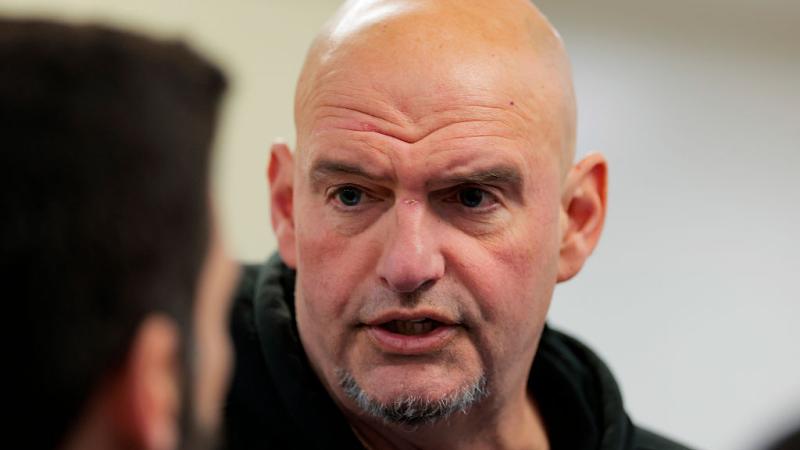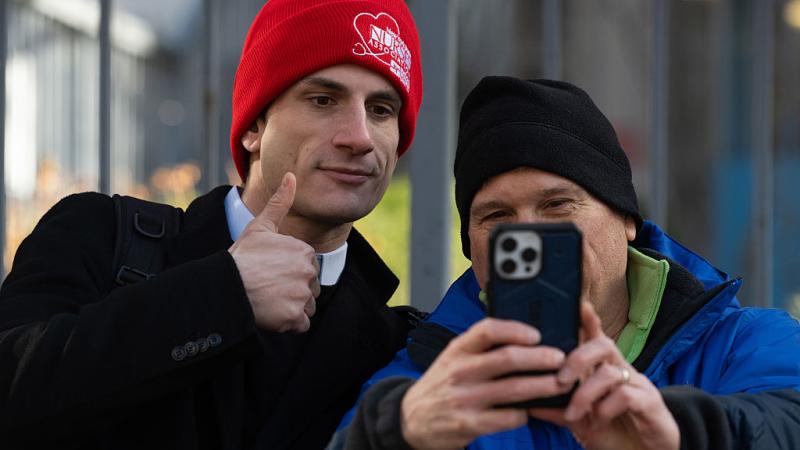Wisconsin lawmaker wants to ban social media censorship, force tech transparency
GOP state Sen. Julian Bradley has a bill that would force tech companies to show their algorithms and explain the policies that decide who gets blocked and who gets to post freely.
One Wisconsin Republican wants to see the algorithm that decides what gets posted to Facebook and Twitter.
Sen. Julian Bradley (R-Franklin) told News Talk 1130 WISN's Jay Weber that he wants to know how and why big tech companies are taking down some people's social media posts.
"Big tech is silencing the things I say," Bradley explained Monday morning. "They are silencing and shadow banning, they're blocking any information that I am putting out."
Bradley has a new piece of legislation that would force the tech companies to show their algorithms and explain the policies that decide who gets blocked and who gets to post freely.
"It's time to ensure that Mark Zuckerberg and his Silicon Valley liberal allies cannot restrict Wisconsinites' political speech," Bradley said. "Free expression is one of the most vital components of our democratic republic. We must ensure our citizens can engage in political speech unfiltered and uncensored by Big Tech. It's time for Facebook and Twitter to consistently and fairly enforce their own rules."
Bradley is quick to point out that judges have ruled lawmakers and other elected officials cannot block or ban people from commenting on their posts, even if those comments are negative or ugly. The courts have ruled, essentially, that social media is the new public town hall and some online speech is protected.
"Liberal billionaires in Silicon Valley shouldn't be making decisions regarding how we decide who we're going to vote for," Bradley said.
Bradley's legislation is based on a plan in Florida that requires more transparency.
"It asks them to simply follow their own rules," Bradley said. "It asks big tech and Mark Zuckerberg and all of those guys to post what it is that can get you de-platformed. What it is that can get you shadow banned. And if they do ban someone, they have to tell someone."
Three other Republican lawmakers have already signed on to the plan as cosponsors.















